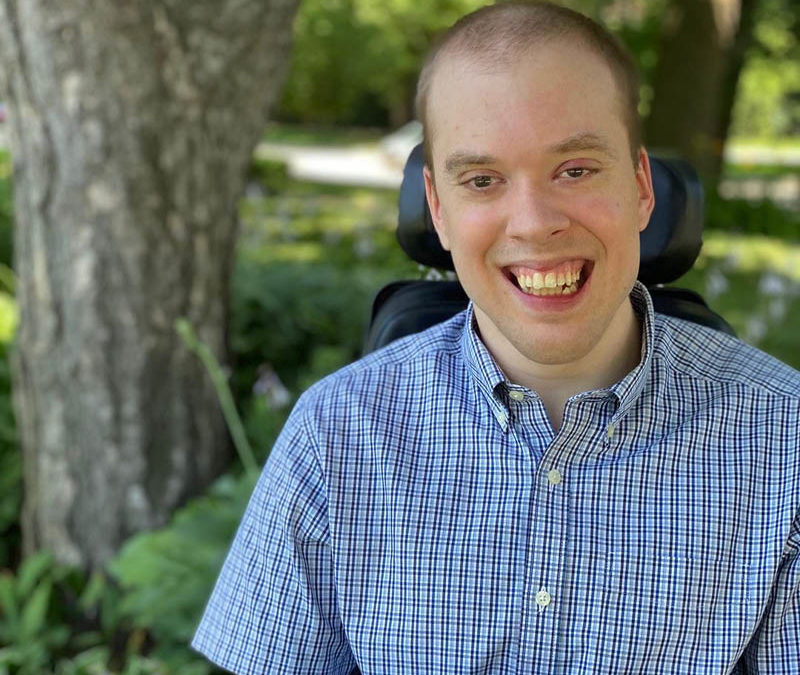I am honored to be in the space with you. I am a cradle Catholic who grew up in a vibrant faith-based parish that to this day remains my spiritual home. A favorite mantra of my childhood pastor is “we come to go;” in other words, we come to Sunday mass to obtain the sustenance and nourishment of Jesus’s word and Eucharist and then we must go and live out Jesus’s teachings through our societal actions. As a child, I sang in my children’s choir and made lifelong friends. The adult mentors of my church did not simply proclaim Jesus’s words they embodied them, with on-the-ground support of immigrant rights, gun control, reducing poverty and dismantling other oppressive social structures of our age. Like Jesus, they broke down oppressive systemic structures of their day. The notion of an active Jesus, one who selflessly betters the lives of others, was ingrained in me, and became a bedrock of my belief system. I came to view my Catholicism as a way to share my gifts and to put Christ’s command to “love thy neighbor” in action.
Not only was I growing up Catholic, I was also growing up with a disability and coming to learn that I am a part of another deep and rich culture. And this piece of me was not one that I shared with my parents and not one that was respected by the dominant American culture. Nor was it respected in the interpretations that I would be exposed to in my religious experiences. It was confusing. The Christian interpretations of disability seemed opposite to my personal experience and opposite of the identity that I was growing into. How was I supposed to respond when I heard liturgical metaphors or sang choral music that implied that disability was bad, or a punishment from God, or at the least, something that was not in God’s favor until it was erased. I’d hear phrases such as “deaf to God’s voice;” “blind to the will of God;” “paralyzed with fear;” or the “cure” punchline of a parable with a disabled character, and wonder, “why do people think it is bad to be like my friends and me?” “Does God think I am bad?” It doesn’t take much imagination to see how confusing and debasing it is for a child to hear from a homilist or musician that God’s love is made manifest by removing a core part of their identity.
Why did the institutional church not validate my disabled humanity? How was I to reconcile these confusing interpretations and the strong emotions they conjured? Something was off. The overarching view of disability as bad, as a punishment from God, did not resonate with how I experienced disability, how I understood Jesus’s message, and the unconditional love of my disabled being that emanated from my home parish community.
I realized I was not alone in feeling confused, overwhelmed, and excluded. As a teen and young adult, I found that many, many people with disabilities leave either their home church or even abandon their faith.
As I learn more and reflect more deeply on my Christian tradition, I now recognize the numerous ways that Jesus affirms each person’s humanity, disabled or not. Jesus not only seeks out, but specifically centers those who were on the margins of their society – hemorrhaging women, blind people, lepers, paralytics, short people, Samaritans, and many others. He encounters, truly encounters, each person intimately and lovingly, while affirming their full disabled identity. Additionally, Jesus calls on society to change. Even when Jesus cures a condition, he pushes the society to change.
It is not Jesus’s message on what it means to be human that is off; rather it is the misguided nondisabled ways Christians have interpreted Christ’s message and the wounding actions and oppressive cultural values that have ensued.
We can do better. In the coming months, I will share my thoughts on how we got here: how we began to marginalize disability, both in our society and in our Christian spaces. And how we can move forward. Next time, I will share my interpretation on a passage from the Gospel of Mark where Jesus encounters a paralytic. In this reflection, I give voice to how the paralytic may feel during his experience with Jesus. Thank you for reading. Until next time!
David Gayes is a graduate student at Catholic Theological Union in Chicago, working on a masters degree in Intercultural Ministry and delving more deeply into the relationship between disability culture and disability theology. Through writing and dialogue, he invites the GIA community to engage with lived disabled experiences and perspectives in thought-provoking ways. David is also a Disability Lead Fellow, and an active member of St. Nicholas Parish in Evanston, Illinois.


Recent Comments